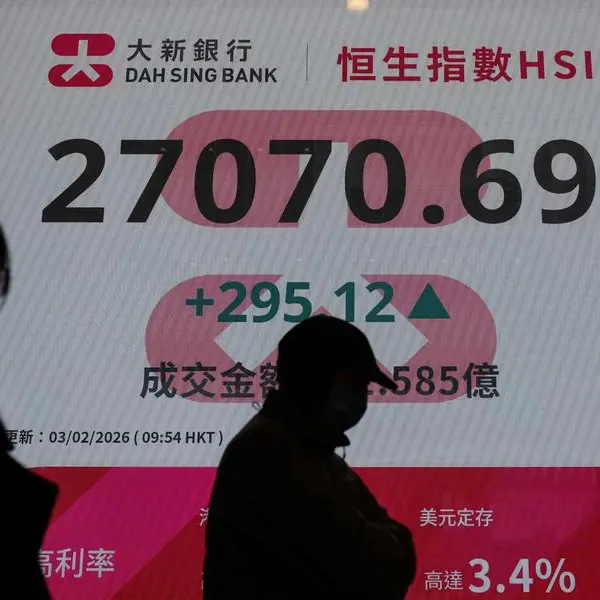PHOTO
Bank of Japan Governor Haruhiko Kuroda said on Wednesday a "global surge" in inflation was among key challenges for central banks, which will likely lead to differing monetary policy responses from country to country.
The current rise in inflation is driven by both supply constraints and a strong rebound in demand seen in some countries after the pandemic-induced slump, Kuroda said.
In Japan, households' pent-up demand and wage growth have been modest compared with the United States and European countries, he said.
"Given these differences in the supply and demand effects, the appropriate monetary policy response will also differ between countries," Kuroda said in a speech at an academic seminar hosted by the BOJ.
"A common challenge for each country is to determine the magnitude and persistence of the inflationary pressure."
Another challenge facing central banks is the surge in geopolitical risk triggered by the Russian invasion of Ukraine, which drove up commodity prices and led to higher inflation worldwide, Kuroda said.
"Uncertainties over geopolitical risk are extremely high," which could hurt the global economy by shrinking trade and damaging confidence, he said.
Structural changes brought by the pandemic, such as restructuring of supply chains and rising income inequality, could also affect an economy's potential growth rate and "may have implications for the effectiveness of monetary policy and the appropriate responses," Kuroda said.
"Central banks should therefore pay close attention to the changing economic structure and its potential impact on prices and the real economy," he added.
With the United States and Europe struggling to tame soaring inflation, the G7 finance leaders' communique last week said banks must calibrate the pace of monetary tightening to address inflation reaching "levels not seen for decades".
Kuroda, however, has repeatedly stressed the BOJ's resolve to keep monetary policy ultra-loose on the view a recent rise in Japan's inflation will be short-lived, and that the country's fragile economy still needs monetary support.
(Reporting by Leika Kihara; Editing by Andrew Heavens and Chizu Nomiyama)




















